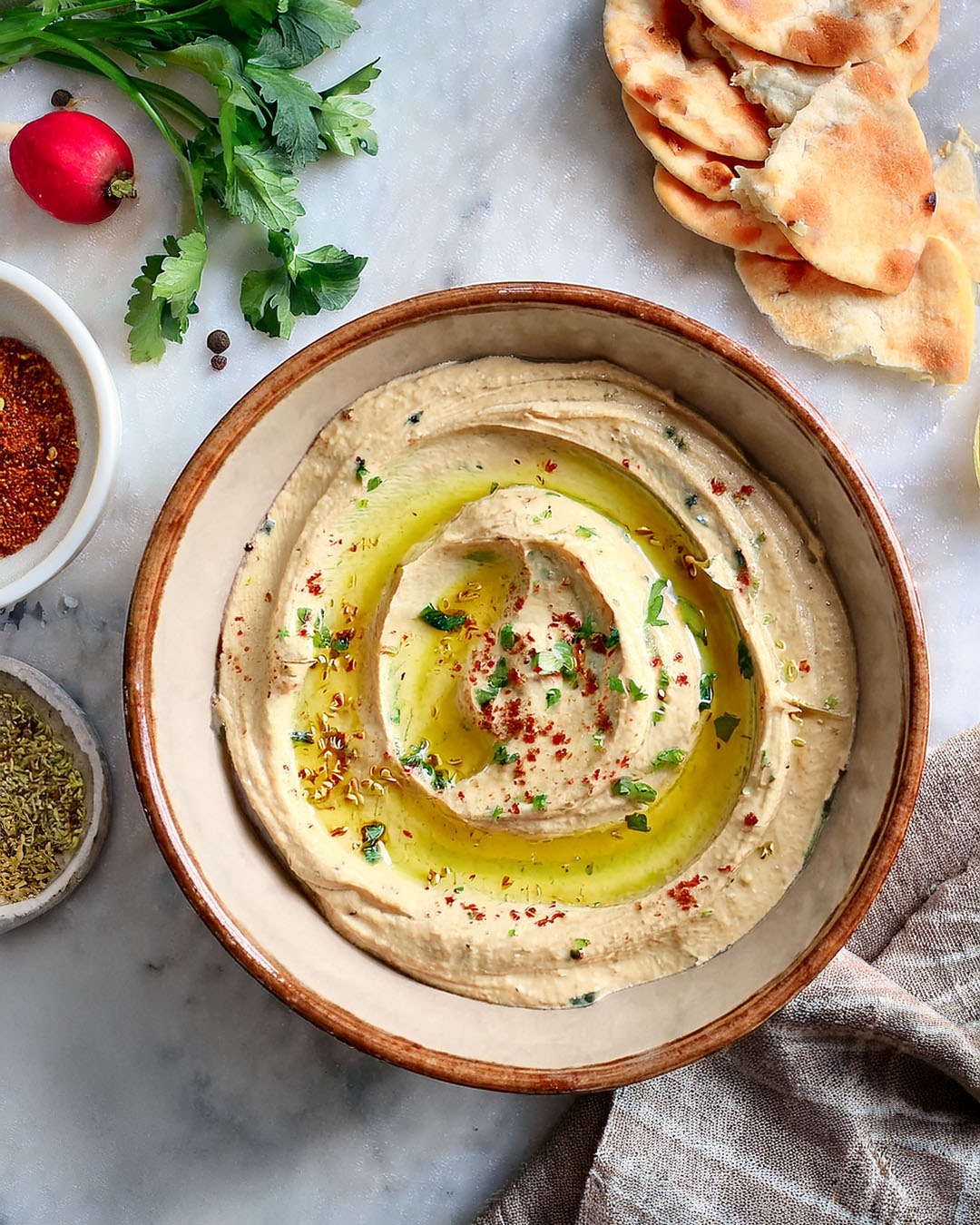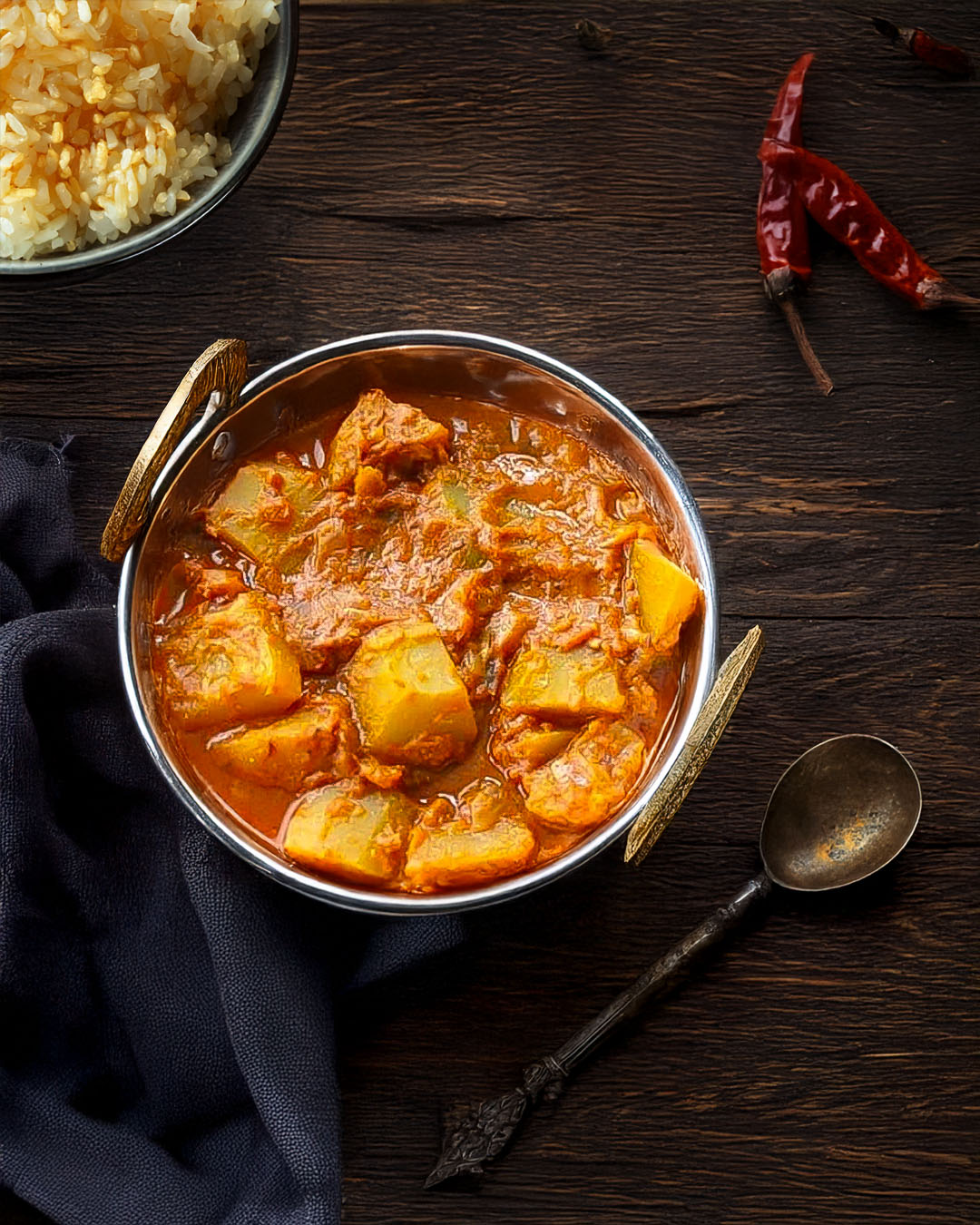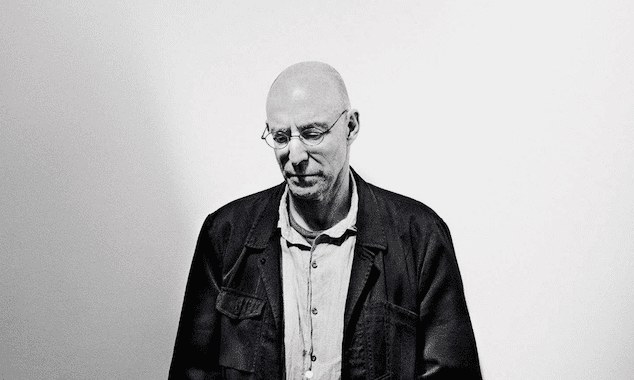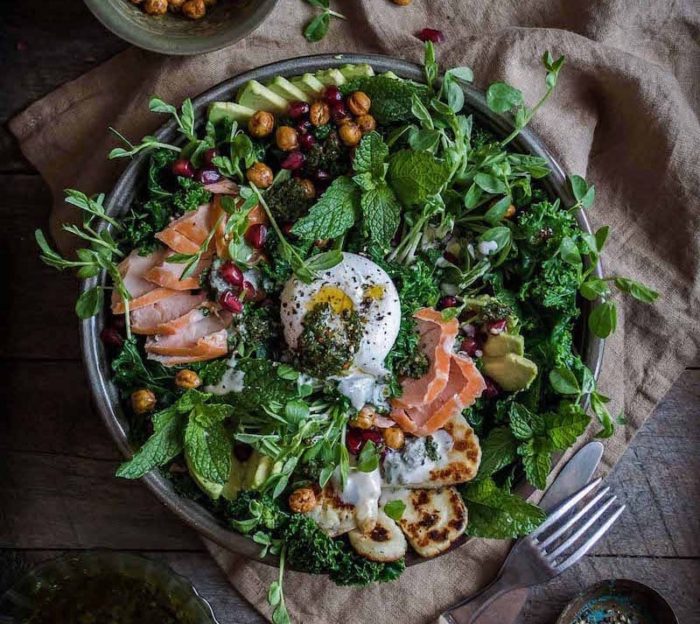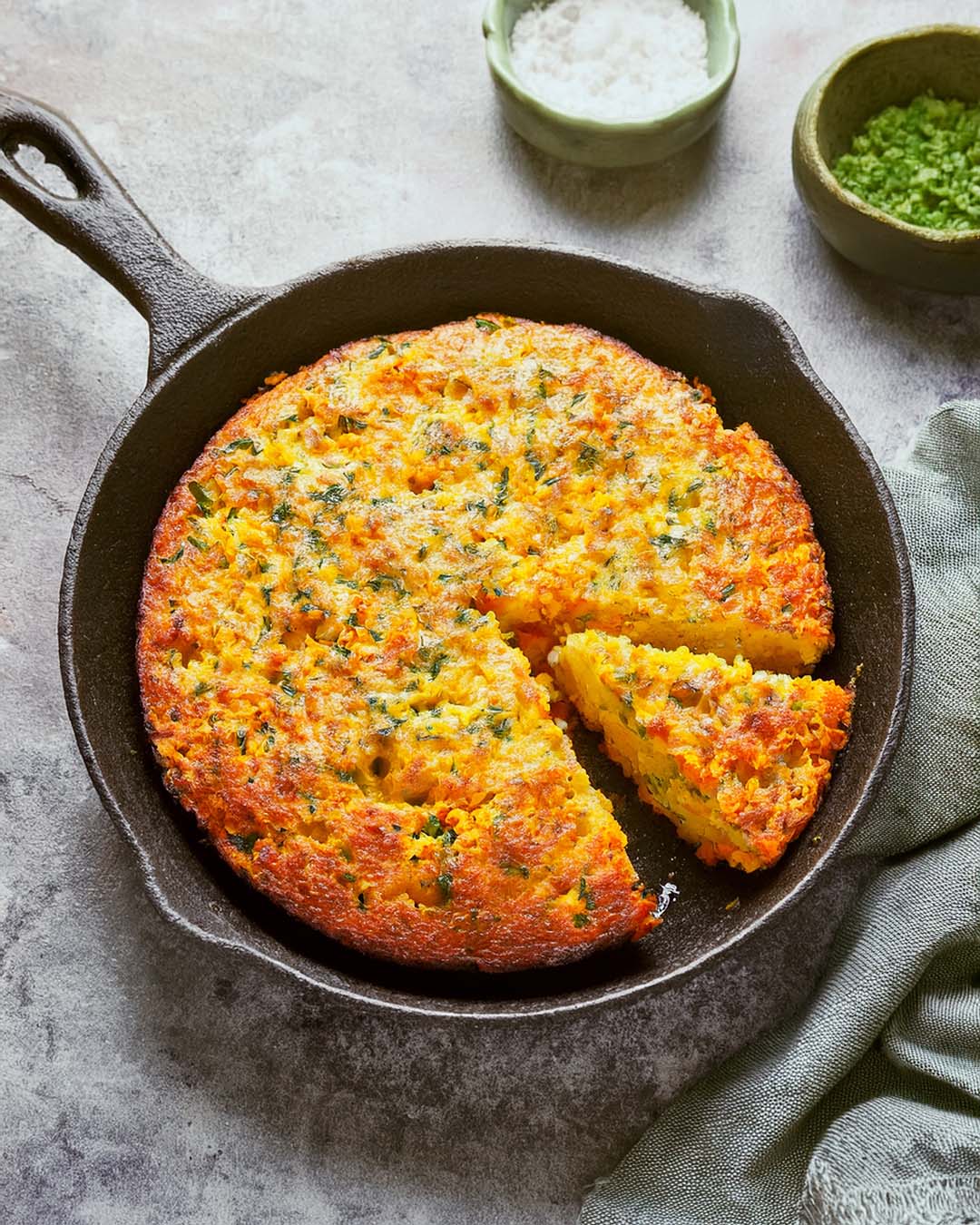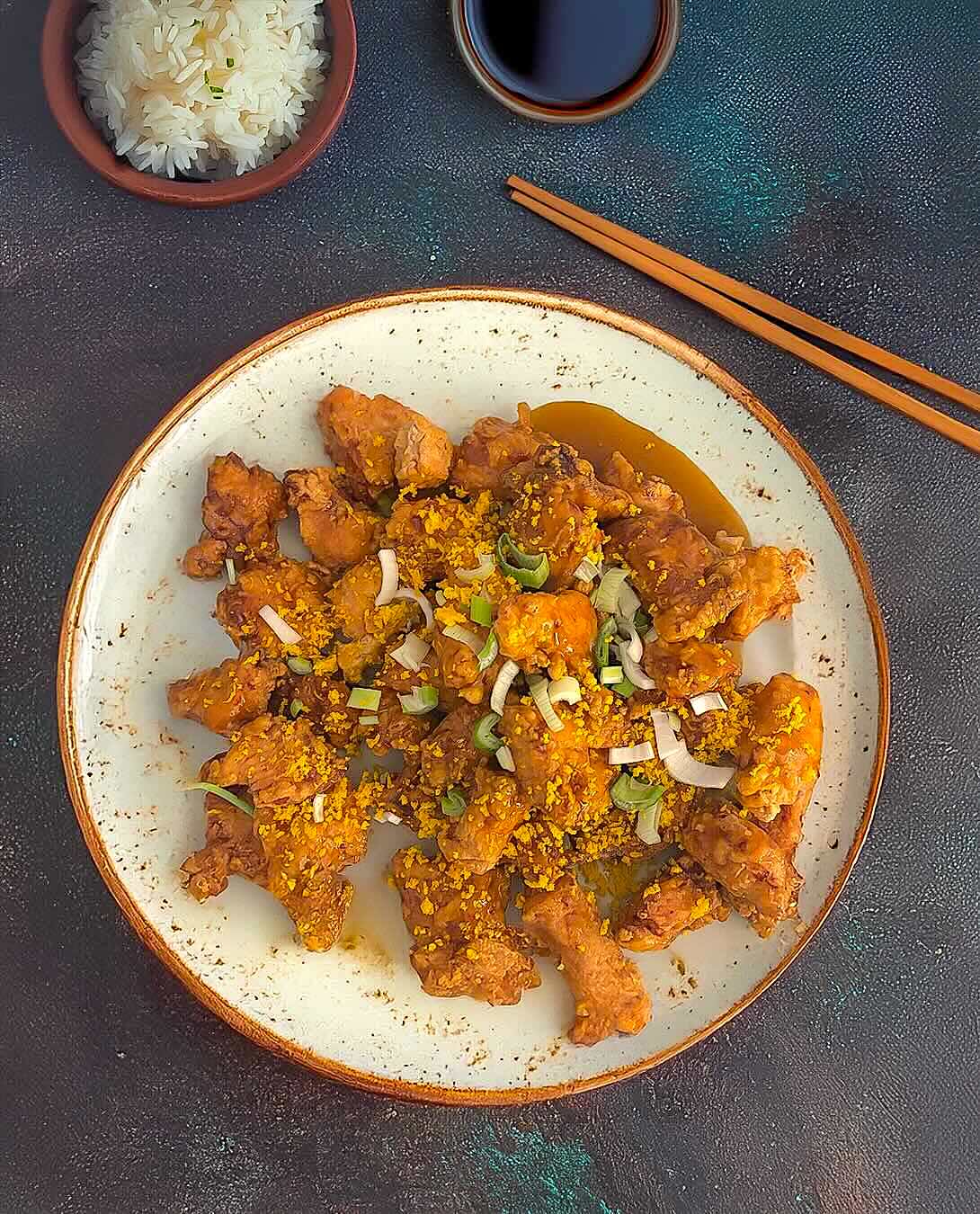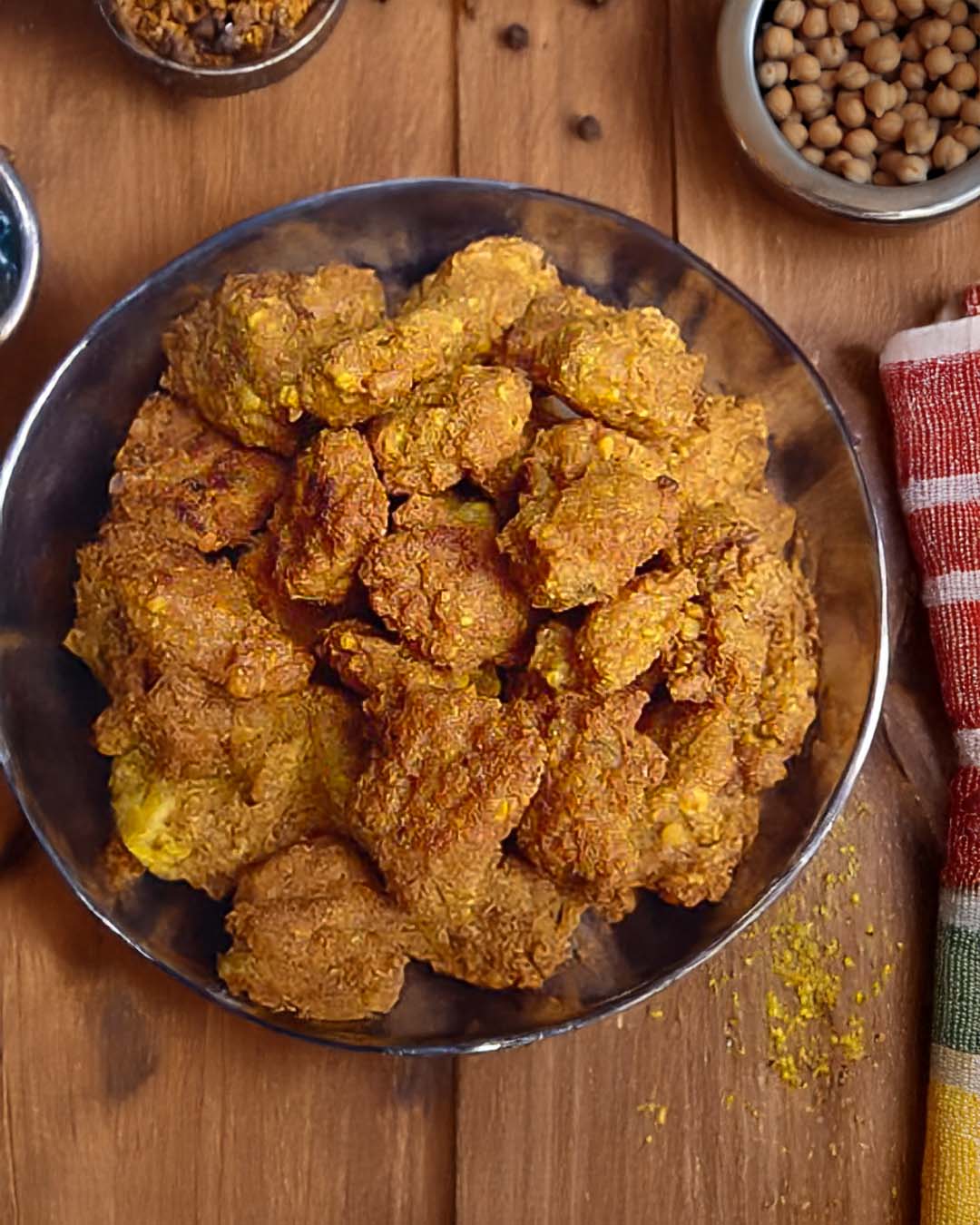In 2007 Michael Pollan published a piece in The New York Times examining how over time, Western society’s approach to eating has changed as we’ve sought to find the answer to “what humans should eat in order to be maximally healthy”. Fast forward to today and the guidelines he wrote based on cultural findings still hold true. If there’s a way to approach your eating. This is it.
By Pepper Passport

Check out more interesting food stories and guides on Pepper Passport.
When it comes to food commentary Michael Pollan is one of the greats. His word is bible. And one that in this current dietary age of paleo eating, green smoothie making and intermittent fasting, we all need to take a leaf from.
He thoroughly researches any topic he’s delving into (often for The New York Times or NewYorker) and breaks down his findings in a way that’s easy to read and ingest. His books, particularly Cooked: A Natural History of Transformation and The Omnivore’s Dilemma, are engrossing, and those with a food interest that extends into health, culture and history will find them well worth a read. The content is highly academic, yet understandable via his narration.
In 2007, Pollan published a piece in The New York Times – Unhappy Meals. It examined how over time, Western society’s relationship with eating and food changed as we’ve sought to find the answer to “the supposedly incredibly complicated and confusing question of what we humans should eat in order to be maximally healthy”.
We’ve gone down one path believing a certain approach will lead us to the answer, only to jump onto another as time progresses, science evolves and another celebrity diet hits the news stands.
However, the magic of what Pollan does, is he looks beyond science and nutrition for the principles. He looks to those who’ve gone before and culture. It’s simple, proven and, although published eight plus years later, still rings true.
EAT FOOD
“Don’t eat anything your great-great-grandmother wouldn’t recognize as food. There are a great many food like items in the supermarket your ancestors wouldn’t recognize as food […]; stay away from these.”
AVOID EVEN THOSE FOOD PRODUCTS BEARING HEALTH CLAIMS
“They’re apt to be heavily processed, and the claims are often dubious at best. Don’t forget that margarine, one of the first industrial foods to claim that it was more healthful than the traditional food it replaced, turned out to give people heart attacks… Don’t take the silence of the yams as a sign that they have nothing valuable to say about health.”
AVOID THE UNRECOGNIZABLE
“Especially avoid food products containing ingredients that are a) unfamiliar, b) unpronounceable c) more than five in number — or that contain high-fructose corn syrup. None of these characteristics are necessarily harmful in and of themselves, but all of them are reliable markers for foods that have been highly processed.”
DON’T JUST SHOP AT THE SUPERMARKET
“Get out of the supermarket whenever possible. You won’t find any high-fructose corn syrup at the farmer’s market; you also won’t find food harvested long ago and far away. What you will find are fresh whole foods picked at the peak of nutritional quality. Precisely the kind of food your great-great-grandmother would have recognized as food.”
PAY MORE
“There’s no escaping the fact that better food — measured by taste or nutritional quality (which often correspond) — costs more, because it has been grown or raised less intensively and with more care. Paying more for food well grown in good soils — whether certified organic or not — will contribute not only to your health (by reducing exposure to pesticides) but also to the health of others who might not themselves be able to afford that sort of food: the people who grow it and the people who live downstream, and downwind, of the farms where it is grown.
EAT LESS
“Calorie restriction” has repeatedly been shown to slow aging in animals, and many researchers (including Walter Willett, the Harvard epidemiologist) believe it offers the single strongest link between diet and cancer prevention… Once one of the longest-lived people on earth, the Okinawans practiced a principle they called “Hara Hachi Bu”: eat until you are 80 percent full. […] I don’t know about you, but the better the quality of the food I eat, the less of it I need to feel satisfied. All tomatoes are not created equal.”
EAT MOSTLY PLANTS, ESPECIALLY LEAVES.
“Scientists may disagree on what’s so good about plants — the antioxidants? Fiber? Omega-3s? — but they do agree that they’re probably really good for you and certainly can’t hurt. […] Vegetarians are healthier than carnivores, but near vegetarians (“flexitarians”) are as healthy as vegetarians…”
FOLLOW A TRADITIONAL FOOD CULTURE
“Eat more like the French. Or the Japanese. Or the Italians. Or the Greeks. Confounding factors aside, people who eat according to the rules of a traditional food culture are generally healthier than we are. Any traditional diet will do: if it weren’t a healthy diet, the people who follow it wouldn’t still be around.”
COOK. AND IF YOU CAN, PLANT A GARDEN.
“To take part in the intricate and endlessly interesting processes of providing for our sustenance is the surest way to escape the culture of fast food and the values implicit in it: that food should be cheap and easy; that food is fuel and not communion. The culture of the kitchen, as embodied in those enduring traditions we call cuisines, contains more wisdom about diet and health than you are apt to find in any nutrition journal or journalism. Plus, the food you grow yourself contributes to your health long before you sit down to eat it…”
EAT LIKE AN OMNIVORE.
“Try to add new species, not just new foods, to your diet. The greater the diversity of species you eat, the more likely you are to cover all your nutritional bases…”
These principles are shared from Michael Pollan’s article “Unhappy Meals”, originally published in The New York Times. You can read it here.


